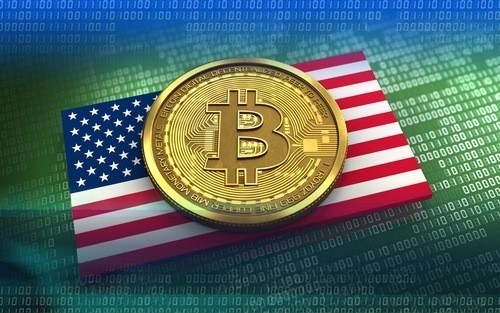The United States plays a pivotal role in the global Bitcoin arena, serving as a significant market and a hub for innovation and regulation. The intricate dance between American influence and regulatory frameworks shapes the landscape of Bitcoin usage and investment within the country.
The American Influence on Bitcoin: Pioneers and Ideologies
The U.S. is a breeding ground for Bitcoin innovation, hosting numerous influential companies and industry leaders. Ideological underpinnings like libertarianism and anarcho-capitalism have significantly influenced Bitcoin’s development and widespread adoption in American society.
Navigating US Regulations: Taxation and Reporting for Bitcoin
The U.S. has set a global benchmark with its financial regulations, including stringent KYC and AML protocols. The IRS categorizes Bitcoin as property, implicating capital gains and income taxes on its transactions.
- Tax Strategy: Holding Bitcoin for over a year can lead to lower capital gains taxes.
- Record-Keeping: Detailed documentation of transactions is crucial for accurate tax reporting.
- Professional Guidance: Consultation with tax experts is recommended for compliance.
For more details on buying Bitcoin and staying compliant with U.S. regulations, visit Coinmama.
Legal Status of Bitcoin in the USA: Property, Not Currency
Bitcoin’s legal status in the U.S. is unique—it’s recognized as property rather than legal tender. Businesses involved in Bitcoin transactions must register with FinCEN as MSBs, reflecting the country’s regulatory stance.
Varying Perspectives: How US Agencies View Bitcoin
- IRS: Views Bitcoin as property.
- CFTC: Considers Bitcoin a commodity.
- SEC: Applies securities laws to certain digital assets but not to Bitcoin directly.
Bitcoin’s Integration into Traditional Finance: A Glimpse into the Future
Bitcoin is making inroads into traditional finance, marked by the listing of Bitcoin futures on exchanges like the CBOE and CME. There’s a growing anticipation for SEC-approved Bitcoin futures or ETFs, signaling a potential milestone for Bitcoin’s acceptance in mainstream finance.
State-by-State Variations: Navigating the Regulatory Maze
Bitcoin regulations vary across U.S. states, making it essential for users to familiarize themselves with local laws. Coinmama simplifies the process, offering a seamless platform for purchasing Bitcoin with credit or debit cards from MasterCard or VISA. Explore your buying options at Coinmama.
Buying Bitcoin Made Easy: Coinmama’s User-Friendly Platform
In the ever-evolving landscape of Bitcoin, staying informed about regulatory developments is key to a hassle-free experience. Coinmama offers a streamlined, secure platform for buying Bitcoin, ensuring users can navigate the process with ease and confidence. Discover how Coinmama can facilitate your Bitcoin purchase journey at Coinmama’s Bitcoin page.
Stay ahead in the dynamic world of Bitcoin with Coinmama, your trusted partner in the realm of Bitcoin Regulations in the USA.



